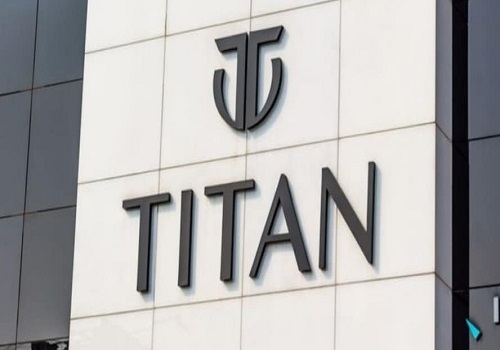Book profits in Indian equities as U.S. recession imminent - BofA Securities

Follow us Now on Telegram ! Get daily 10 - 12 important updates on Business, Finance and Investment. Join our Telegram Channel
BofA Securities said on Thursday that investors in Indian equities should book their profits as it expects the benchmark Nifty 50 index to dip slightly at the year-end due to a U.S. recession and weaker-than-expected domestic corporate earnings.
The Nifty 50 has inched up 0.36% to 18,170 points so far this year. After a weak start to the year, the index has rallied since April, including a six-session winning run through Tuesday.
However, BofA expects the Nifty to drop nearly 1% from the current level to finish the year at about 18,000 points.
The brokerage said the market was "too optimistic of a near-term earnings recovery", highlighting risks such as a slow recovery in rural demand, a global economic slowdown and volatile commodity prices.
It expects analysts to cut their earnings growth estimates for fiscal 2024 and fiscal 2025.
The other risk to Indian equities, said BofA, is an imminent U.S. recession, given the fall of U.S. regional lender First Republic Bank, the country's debt ceiling risks and the Federal Reserve's ongoing credit tightening.
This, BofA noted, did not bode well since the Nifty 50 mimics the benchmark S&P 500.
BofA's analysis showed the S&P 500 fell between 20% and 40% after the onset of the past two recessions, in 2001 and 2007, although the Nifty did not fall as much.
However, the brokerage advised a "buy-the-dips" strategy if the Nifty fell to 16,000 in the year.
BofA said it remains 'underweight' on information technology (IT) and favours financials, which together have a 51% weightage on the Nifty.
The IT index has lost over 3% this year due to worries of slowing growth as the companies' clients in the key U.S. and European markets curb spending.
However, financial stocks have gained nearly 2%, supported by asset quality improvement and loan growth.
BofA remained "underweight" on consumer staples, consumer discretionary, telecom and favoured industrials, cement/steel and two-wheeler auto firms, healthcare and utilities.












 320-x-100_uti_gold.jpg" alt="Advertisement">
320-x-100_uti_gold.jpg" alt="Advertisement">











